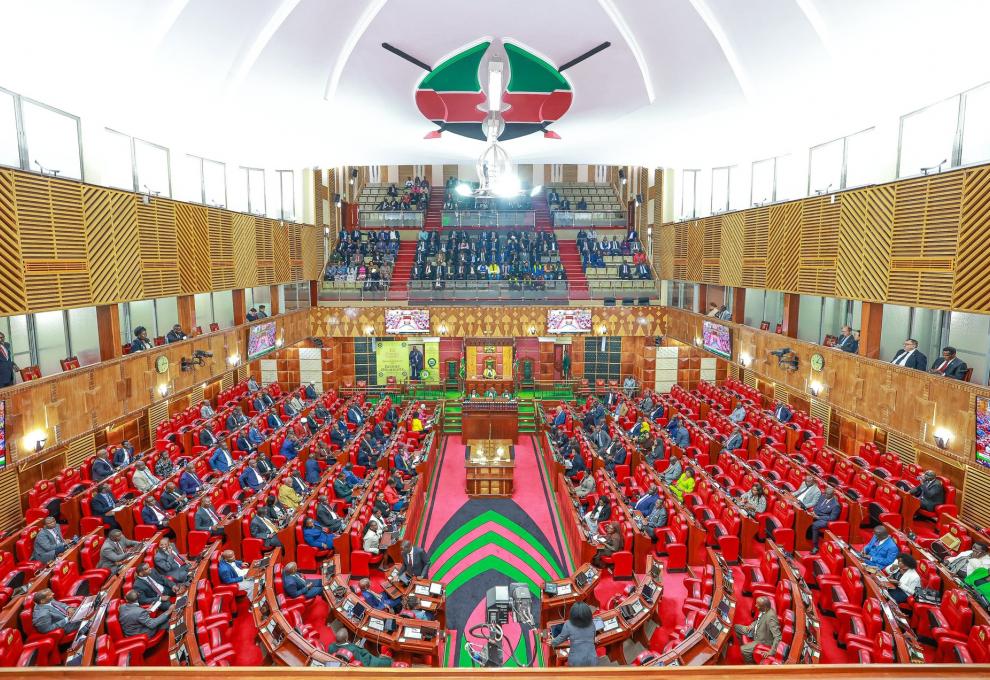In many instances, school administrators tend to delink staff members by creating many offices to avoid a scenario where members can engage in idle talk, otherwise known as gossip.
Gossip can be grouped into three main categories: Positive, Negative and Neutral.
Gossip of all types promotes social cohesion and creates a sense of solidarity. However, in some instances, harmful gossip and secrecy promote the existence of unnecessary workplace cliques and divisiveness, hence promoting a completely disintegrated, fragmented staffroom that is unlikely to deliver on its mandate.
A recent study has revealed that gossiping plays a very significant role in disseminating information about the members of society who are considered untouchables. Therefore, gossip assists other members to learn how they can camouflage to blend with the dynamics of queer behaviour.
One can use gossip in a completely multifaceted style, which may, in turn, improve one’s status at work. Positive talk about a particular organization injects a new impetus and influences teamwork and collaboration in a given firm.
Unhealthy gossip involves spreading rumours or levelling attacks towards someone’s character, which can create unnecessary divisions, emotional distress, and complete damage to one’s trust.
Other instances of negative gossip are when a conversation is built upon jealousy, resentment or even bitterness.
READ ALSO: Principals national workshop senior school leadership
Another dangerous form of gossip is when a talk is based on speculations, and when gossip creates schisms where we have two groups, two notable factions otherwise holding onto the notion of the “Us -verses-them mentality.” This makes the staffroom so dangerous, dismissing even good ideas because they come from an opponent.
All gossip has to be evaluated introspectively by all members, who must understand that if gossip leaves one with guilt or a heavy heart, then it’s indeed an unhealthy and damaging conversation.
On the contrary, good gossip typically does not damage the reputation of those involved and is normally shared respectfully and empathetically.
Most people dislike mundane gossip because it’s boring and attracts limited attention from the audience.
Positive gossip is satirical and an absolute advisory platform that shares challenges and experiences, thereby correcting ills committed blindly or willfully using humour, irony, and exaggeration at the place of work.
Necessary gossip is the act of sharing good things about someone either behind their backs or in a group. It is seen as a way of building trust, boosting morale, and promoting personal growth.
It’s worth noting that praising someone’s work or contributions, sharing how you were helped, defending a person in absence, or even providing social or material support to a person is a typical type of gossip.
Good forms of gossip eliminate discontent and indifference, improve morale, and create an optimistic atmosphere. They are clearly known to enable people to grow and learn about themselves in an easy and friendlier way, thereby impacting performance positively.
In all circumstances, top-performing staffrooms have embraced positive gossip; therefore, all administrators should allow it to thrive.
By Hillary Muhalya
You can also follow our social media pages on Twitter: Education News KE and Facebook: Education News Newspaper for timely updates.
>>> Click here to stay up-to-date with trending regional stories
>>> Click here to read more informed opinions on the country’s education landscape






